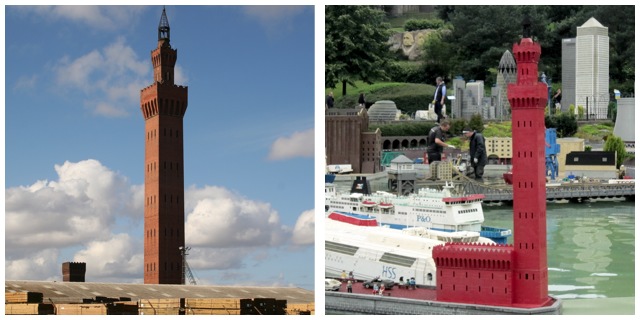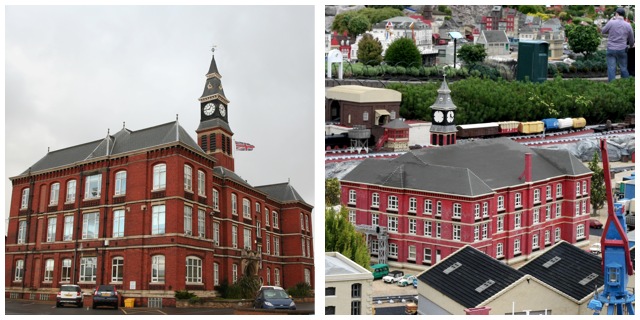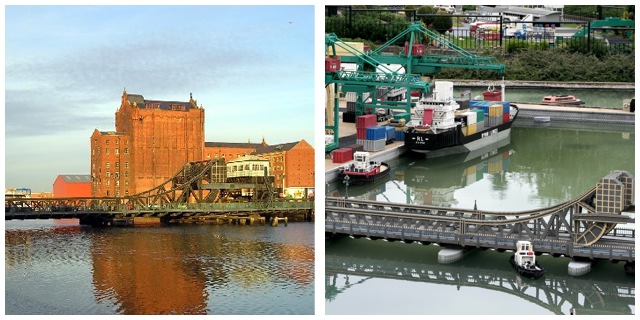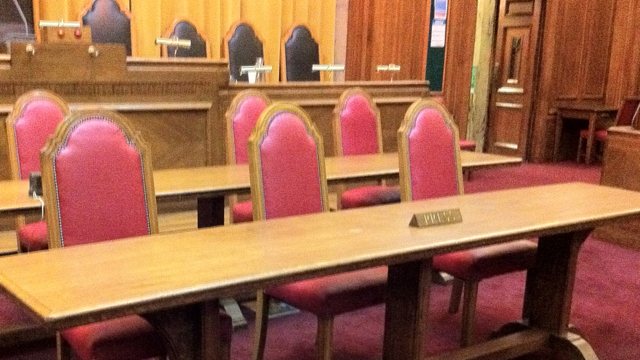 Because of my blogging, Twittering and dabbling in other things digital-engagement I seem to have fallen in with a crowd who are passionate about the power of social media to change the world. Sadly, I am a cynic, a pessimist who recognises that for all its power, it’s limited.
Because of my blogging, Twittering and dabbling in other things digital-engagement I seem to have fallen in with a crowd who are passionate about the power of social media to change the world. Sadly, I am a cynic, a pessimist who recognises that for all its power, it’s limited.
Limited by the people who use it because for all the Twittering in the world, if you don’t actually do anything, it makes no difference.
And limited by the people who don’t use it. For all the huge numbers bandied around of facebook users and Twitter accounts, the overwhelming majority of people do not use them. Many people just do not access the internet at all, others only for a bit of eBaying or online bingo.
But if we are going to make it all work then the early adopters have a responsibility to use it wisely and show how it can be a force for good.
But this seems to happen so rarely, and brings me to a rant that has been building for a few days. It involves Tom Watson, Sadiq Khan, buses and public spending – and I think an example of how we shouldn’t be using social media.
Tom Watson’s name may ring a bell after he got caught up in the Damien McBride smear scandal. However, he is also something of an unlikely poster boy for the advocates of digital engagement. He is one of the most prominent Twitterers in Parliament and a blogger. And last week launched an online petition, aimed at Sadiq Khan – recently appointed a minister of transport (who can attend Cabinet where he can, apparently, watch the Cabinet not talking to each other). The petition asked Khan to “Please sort a ‘where’s my bus?’ mobile app.” The detail suggesting “GPRS technology makes it easy for your mobile phone to tell you where the next bus is. Please sort it out for the UK.”
Why do I think this is a bad example? For a number of reasons.
First, we need to have a real debate in this country about public spending, and the Prime Minister has already announced a “0% rise”. Surely this is something we can really debate and start having some of those discussions online – where everyone can participate.
Petitions, however, are not the way to go. Even as I was highlighting the No. 10 ‘resign’ petition I accepted that petitions push a single issue without regard for the alternative.
Second, which follows on from this, is the cost. According to Bus Zone (the best I could find), there are around 32,000 buses in this country. Back of the envelope calculations: let’s say it’s £100 per bus to fit a GPS unit. That’s £3,200,000 gone. You then need to set up the infrastructure, I can’t even begin to guess the cost of that. But on top of that you have to factor in the running costs. The buses will have to communicate with the centre – so you will effectively have to buy 32,000 air-time contracts year. Even if you got a deal at, say, £10 a month per bus, then you have £3,840,000 a year running costs. Then factor in unit failure, maintenance and replacement…
And these figures are very conservative. The government does not have a great track record of implementing large IT projects – so you can bet it would be more than the £22,000,000 my figures come to for the first five years. Can you think of better ways of spending £22,000,000? I certainly can.
Third, it’s another of those example of pushing a technological solution for a problem that does not really exist. Perhaps if we had a more extreme climate that might make standing at a bus stop for a few minutes a problem. But actually, is waiting a few minutes for a bus such a hardship? Even in those areas where buses are less frequent, timetables exist. Somehow public transport has operated – more or less – successfully for generations without everyone knowing exactly where the next bus is.
Fourth, the people who would benefit most are the people who need it least. Those who have to rely on buses, particularly out of London, are often the less well off who cannot afford the latest mobile phone to track their bus, or are from sections of society who are digitally excluded and would not know what to do even if they wielded the latest iPhone or Nokia.
Fifth, and finally – this is just a bad example of social media campaigning. As I write only 55 people have ‘signed’ by re-tweeting the petition, despite Tom Watson having over 4,000 followers.
To make matters worse, Sadiq Khan hasn’t even responded, except to thank Tom Watson “for directing hundreds of people my way.” No comment on the issue, not even a “I’ll look into it”.
This is disappointing. If we are to believe social media can give ordinary people power, it has to be something of a blow to our confidence when people who have real power aren’t even getting a 140 character answer.
This is a bit of a rant. But if we are to start getting social media taken seriously as something that can engage and empower people, then it’s for MPs and ministers to start using it properly, on serious issues that will make a difference. There are an infinite number of nice things we can have petitions on, but why not start discussing some of the more fundamental issues and seeing where it goes. You might find people participate while they are waiting for the bus.





 Because of my blogging, Twittering and dabbling in other things digital-engagement I seem to have fallen in with a crowd who are passionate about the power of social media to change the world. Sadly, I am a cynic, a pessimist who recognises that for all its power, it’s limited.
Because of my blogging, Twittering and dabbling in other things digital-engagement I seem to have fallen in with a crowd who are passionate about the power of social media to change the world. Sadly, I am a cynic, a pessimist who recognises that for all its power, it’s limited.